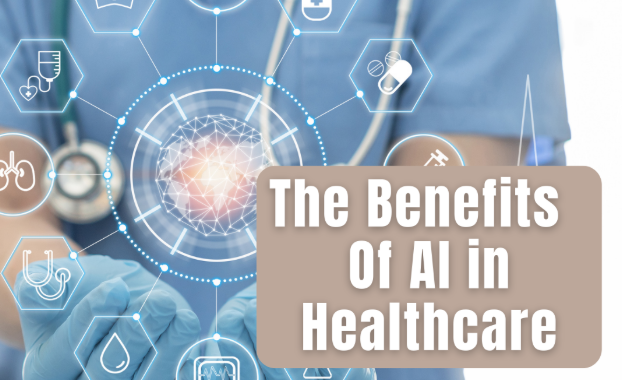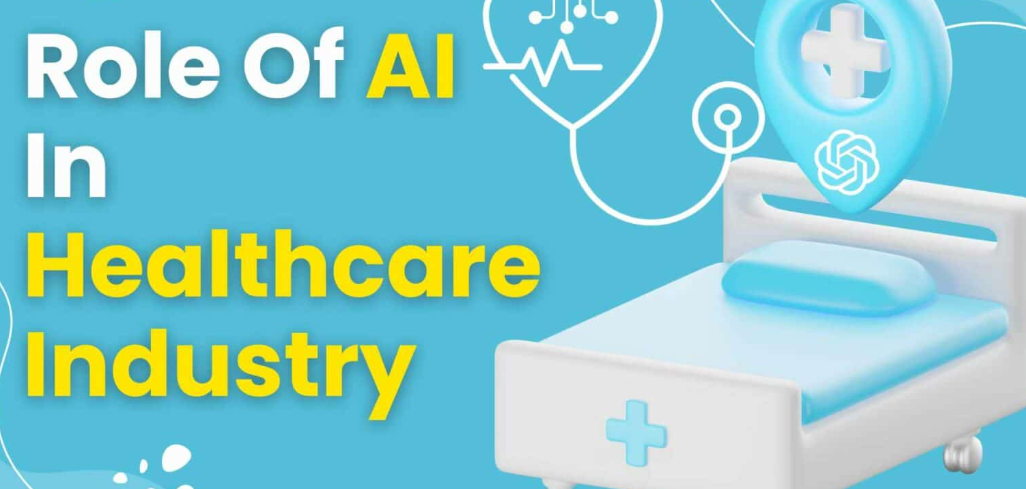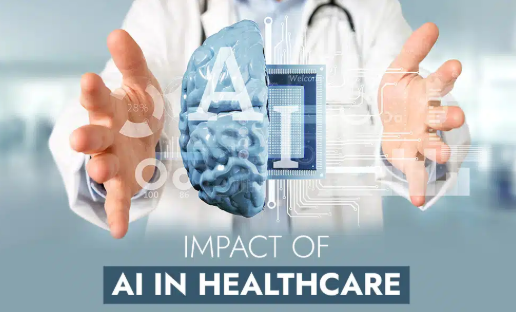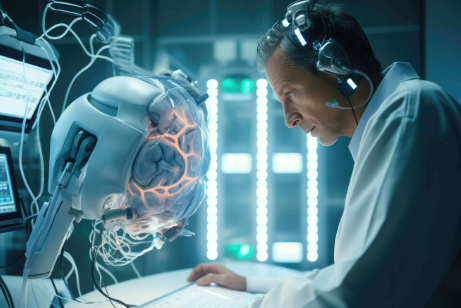Artificial Intelligence (AI) is transforming healthcare by offering numerous benefits that improve patient outcomes, enhance operational efficiency, and accelerate medical research. Here are some key advantages AI brings to the healthcare sector:
1. Improved Diagnostic Accuracy
AI algorithms can analyze medical images, lab results, and patient data with high precision, helping doctors detect diseases early and accurately. For instance, AI systems are used in radiology to identify tumors, fractures, and other abnormalities, often with accuracy comparable to expert clinicians.
2. Personalized Treatment Plans
AI helps tailor treatments based on an individual’s genetics, lifestyle, and medical history. This personalized approach increases the effectiveness of therapies while reducing side effects, leading to better patient outcomes.
3. Enhanced Efficiency and Cost Reduction
AI automates repetitive administrative tasks such as scheduling, billing, and data entry, reducing human error and saving time. Additionally, AI optimizes resource allocation in hospitals, lowering operational costs and improving overall healthcare delivery.
4. Accelerated Drug Discovery
AI speeds up the identification of potential drug candidates by analyzing vast biomedical data. This accelerates the drug development process, reduces costs, and helps bring new treatments to patients faster.
5. Remote Monitoring and Telehealth
AI-powered wearable devices and telemedicine platforms allow continuous monitoring of patients’ vital signs, enabling timely interventions and reducing the need for hospital visits. This is especially beneficial for managing chronic diseases and providing care in remote areas.
6. Predictive Analytics for Better Healthcare Planning
AI analyzes population health data to predict disease outbreaks, hospital admission trends, and patient risks. This helps healthcare providers prepare and allocate resources effectively, improving public health outcomes.
7. Support for Medical Professionals
AI-driven decision support systems provide clinicians with real-time, evidence-based recommendations, helping them make informed decisions and reduce errors.
8. Increased Accessibility to Healthcare
AI-powered virtual assistants and chatbots provide 24/7 support, answer patient queries, and assist with appointment scheduling, making healthcare more accessible, especially in underserved regions.
Conclusion
The benefits of AI in healthcare are vast and impactful. By improving diagnostics, personalizing care, enhancing efficiency, and expanding access, AI is shaping a future where healthcare is more effective, affordable, and patient-centered.






Leave feedback about this